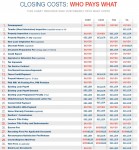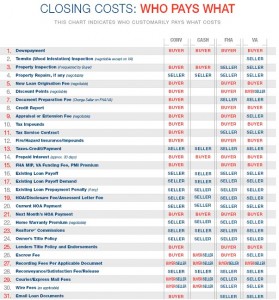Equifax Breach: What To Do Now?

As data breaches go, this is one of the most extensive.
The sensitive information of almost half of all Americans has been compromised, all because the company safeguarding that information reportedly failed to upgrade and update software despite being warned to do so.
To make it worse, company execs sold millions in stock after the breach, but before they told the public what had happened. The company continued to sell consumers like you pricey identity protection packages, even though they knew they were guilty of exposing that same consumer data to hackers. And it seems they suffered another hack earlier in the year but failed to notify us of the potential damage.
No wonder consumers feel helpless as they try to protect themselves from identity fraud.
Here’s what you should you be doing now in response to the Equifax breach.
Read up
The Federal Trade Commission (FTC) has put together some very helpful and comprehensive background information on the Equifax breach, chock full of consumer tips. You can read that guidance here.
Do a test
Visit the Equifax website www.equifaxsecurity2017.com to see if your personal data has been exposed.
Here’s the how-to’s from the FTC: “Click on the “Potential Impact” tab and enter your last name and the last six digits of your Social Security number. Your Social Security number is sensitive information, so make sure you’re on a secure computer and an encrypted network connection any time you enter it. The site will tell you if you’ve been affected by this breach.”
Monitor your credit
If you’re affected, sign up for the year of free credit monitoring that Equifax is offering. Even if you are not affected, you should monitor your credit to make sure no one else is taking out loans in your name. (Many big-name credit card companies offer free credit monitoring as a cardholder perk. Use it).
Once a year, you can get a free copy of your credit report from each of the three major bureaus (Experian®, Equifax®, TransUnion®) at annualcreditreport.com.
Here’s some additional advice from credit card lender Capital One: “It’s important to review all three reports—some lenders don’t report to every bureau, so they may have different information. Read through each report carefully and make sure you recognize the accounts. If something strange turns up, start by contacting the lender to investigate. For more info, take a look at this article on checking your credit report.”
Practice safe financial habits
Keep a close eye on your finances by reconciling bank accounts and credit card statements monthly, shred financial papers, change passwords often, use different passwords for different financial accounts, be careful what you click on, and practice safe computer habits.
It’s not a bad idea to enroll in purchase notification programs with your bank or credit card providers. They’ll alert you by text or email if there are large or unusual purchases in your accounts. Some even let you lock or unlock your card via mobile app. (I’ve got some funny stories to share about the purchase alerts I’ve gotten for my college age kids. Definitely TMI).
Fraud alerts and freezes
There’s been a lot of talk about fraud alerts and freezes. Putting afraud alert on your credit reports lets potential lenders know what’s going on, explains Capital One, and alerts them to take extra steps to verify your identity before issuing credit in your name.
According to Capital One, “you only need to notify one of the three credit reporting companies to put a fraud alert on your credit report and they’re required to tell the other two companies. Make sure you keep copies of all letters and renew the alert every 90 days until the issue is resolved. You can also check out the Federal Trade Commission’s website for more information.”
A credit freeze provides more protection but is time-consuming. A freeze restricts access to your credit report. Without reviewing that info, few lenders will open a new account for you. “This makes it harder for potential thieves to apply for credit or open accounts in your name,” says Capital One. However, freezing your accounts may involve service charges, takes time on the phone or online, and can get in your way the day you want to buy a new car or make some other consumer purchase using credit. To learn more about credit freezes, click here.







 These are a list of some of the things that need to be done around the house, and spring is a great time to do them. So often we don’t remember to do them, so let this be your wake-up call!
These are a list of some of the things that need to be done around the house, and spring is a great time to do them. So often we don’t remember to do them, so let this be your wake-up call!









 Kim N. Bregman
Kim N. Bregman